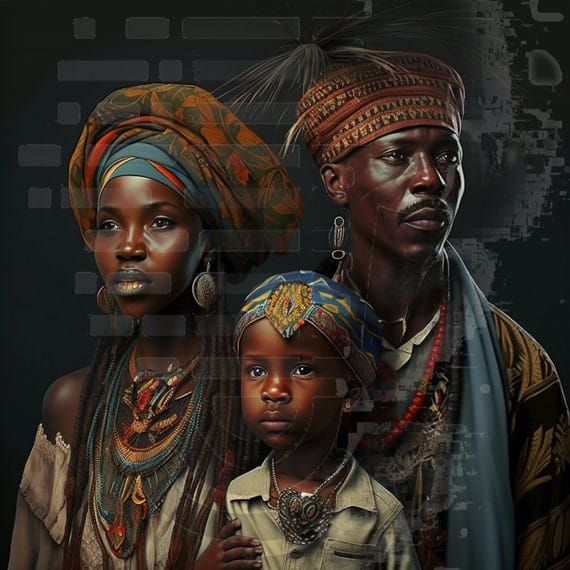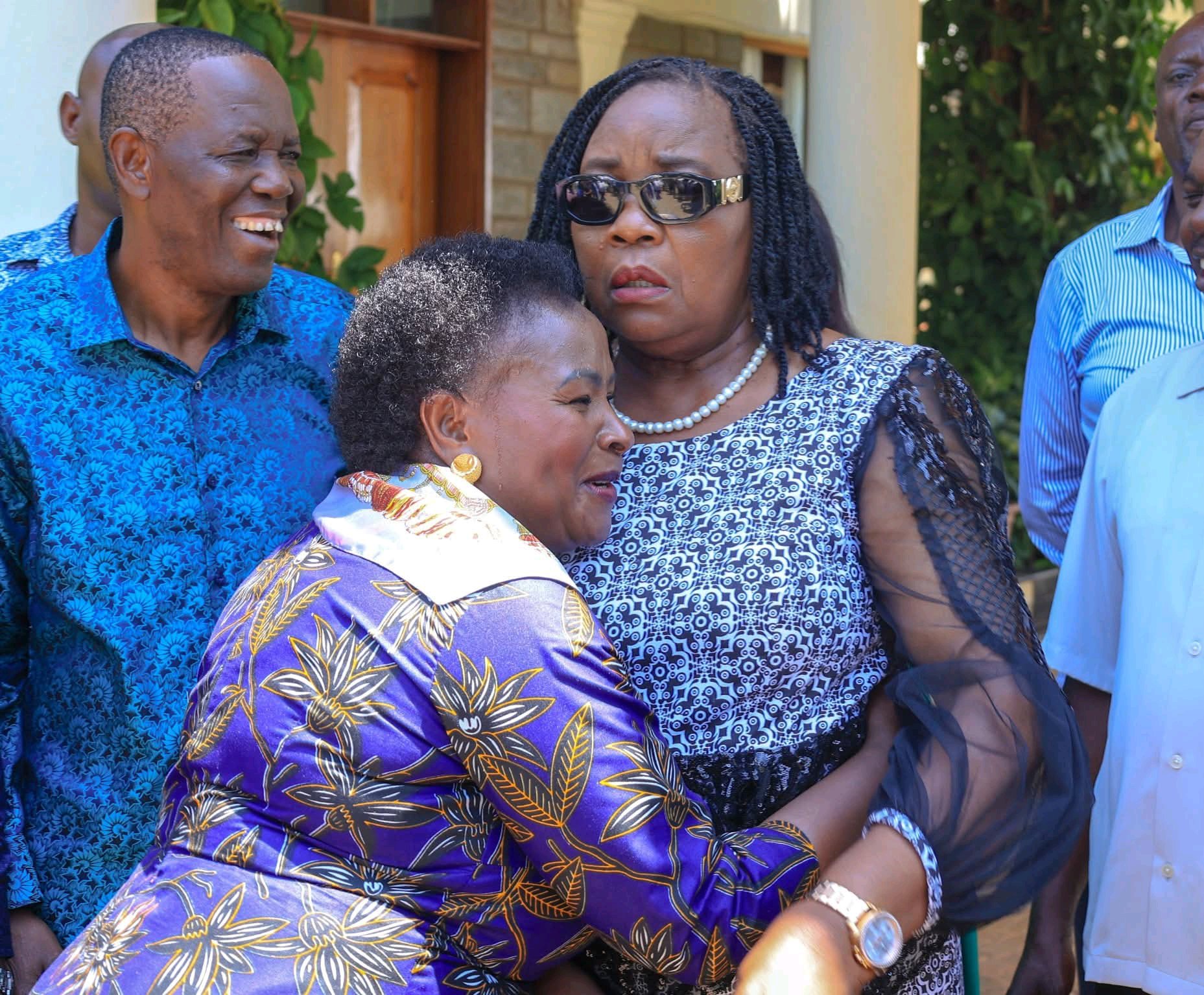Ever been scolded for the errors of your younger siblings? Being told you’re responsible. That is a concept I never understood. Do you know how hard it is to keep a younger sibling in check? It was like I was Jesus carrying the sins of somebody else.
The weight of responsibility, the frustration, the guilt, it’s a complex dynamic that’s often overlooked. Growing up under an African roof, I’ve experienced this firsthand. And it’s just one of the many complexities that come with navigating family dynamics, cultural expectations, and personal identity.
They don’t say “I love you.” They’ll say, “Have you eaten?” They won’t tell you they’re proud of you instead, they’ll tell distant relatives. Then complain you never call. They’ll shout at you for hours then wake you up in the morning. It’s confusing. It’s chaotic. It’s love, African parent style.
Growing up under an African roof is a complex experience. You’re expected to be strong, resilient, and obedient. But beneath the surface, there’s a deep seated hurt that often goes unspoken. The weight of unmet emotional needs, the sting of harsh words, and the ache of unfulfilled desires can create a rift in relationships.
The African notion of respect and obedience can sometimes feel suffocating. You’re taught to prioritize family honor over personal happiness, to conform to societal expectations rather than forge your own path. But what happens when this expectation clashes with your own desires and aspirations?
The silence between generations can be deafening. Unspoken words, unresolved conflicts, and unmet emotional needs can create a chasm that’s difficult to bridge. The hurt and pain can simmer beneath the surface, affecting relationships and self perception.
The growing rift between generations is further complicated by the societal expectation that we should be obedient and respectful, even as we’re told we’re adults. We’re expected to make decisions, but not without our parents’ input.
We’re expected to walk the fine line between tradition and modernity, often without any guidance or support. And when we try to assert our independence, we’re met with resistance, judgment, and sometimes even shame. The lack of autonomy can be suffocating, making it difficult for us to navigate our own lives, relationships, and desires.
As I navigate this complex web of love and expectation, I realize that it’s not just about them; it’s about me too. It’s about finding my own voice, my own way of loving, and my own path to healing. It’s about acknowledging the hurt and choosing to love myself differently.
There’s love in African households, but it’s often wrapped in noise, pride, and pain. You have to unpack it, decode it, and translate it. And sometimes, you just have to let yourself grieve the version of love you never got while learning to give it to yourself.
In the end, it’s a journey of self discovery, of learning to love myself in the way I needed to be loved all along. And perhaps, that’s the greatest gift my African parents could have given me, the gift of resilience, of strength, and of the courage to be myself, no matter what.
The rift in relationships is real, but it’s not insurmountable. By acknowledging the hurt, embracing our individuality, and choosing to love ourselves differently, we can begin to heal and forge a new path forward. One that honors our roots while embracing our uniqueness.



